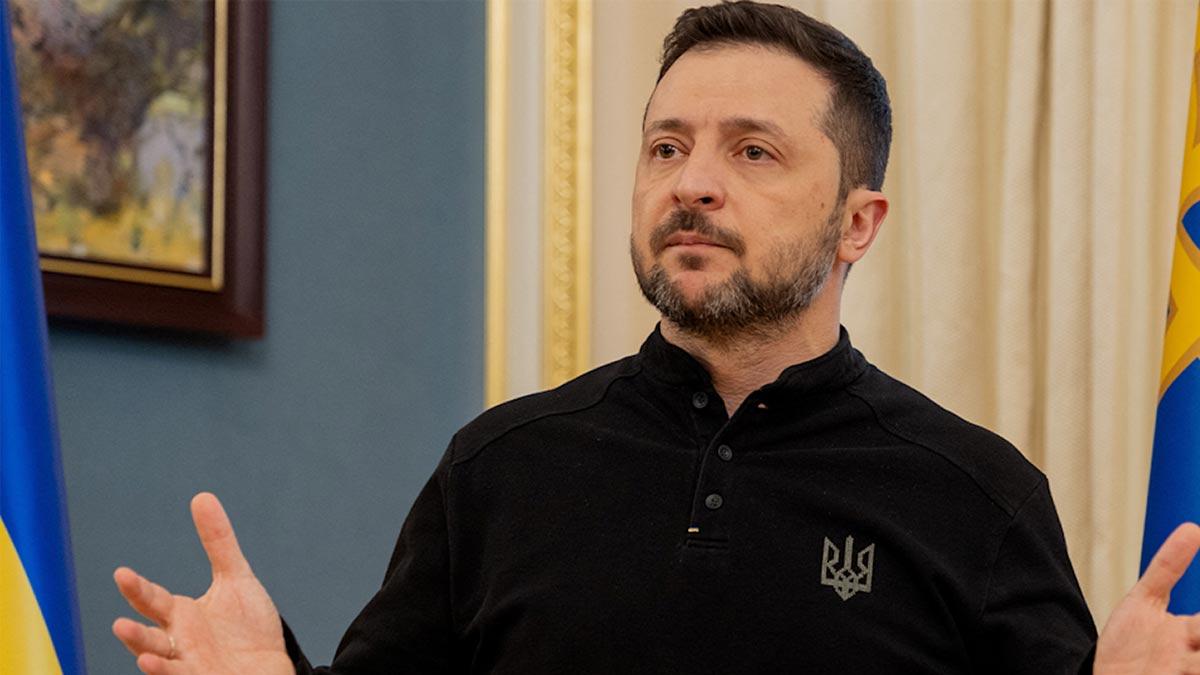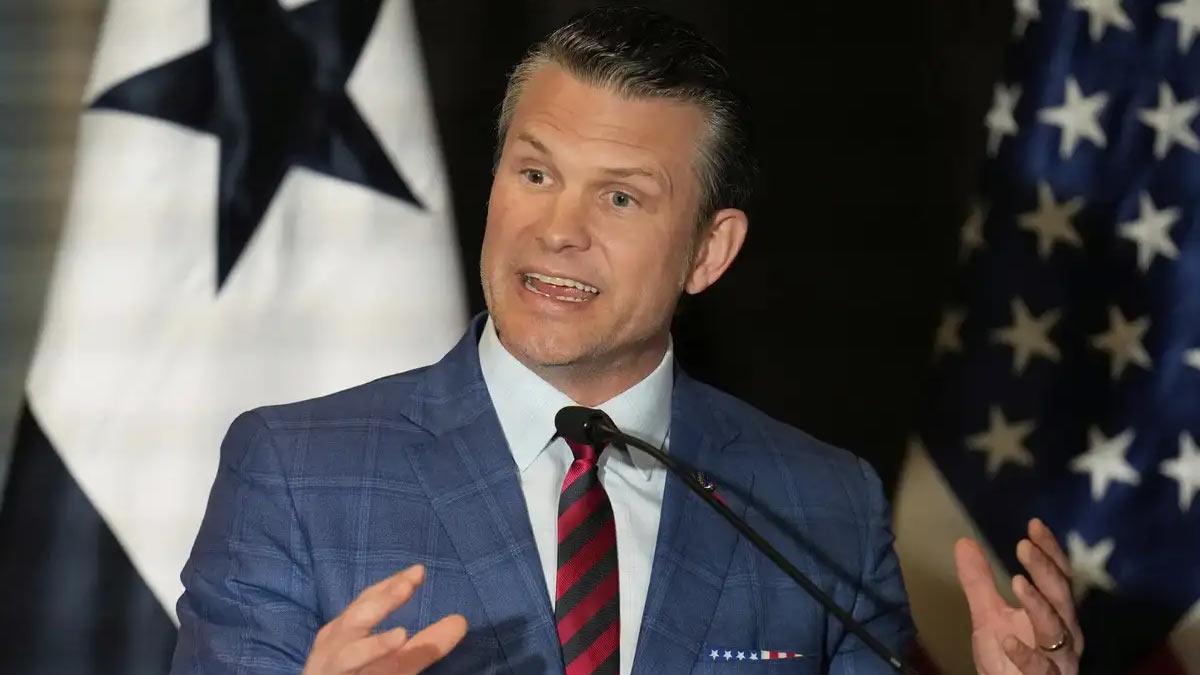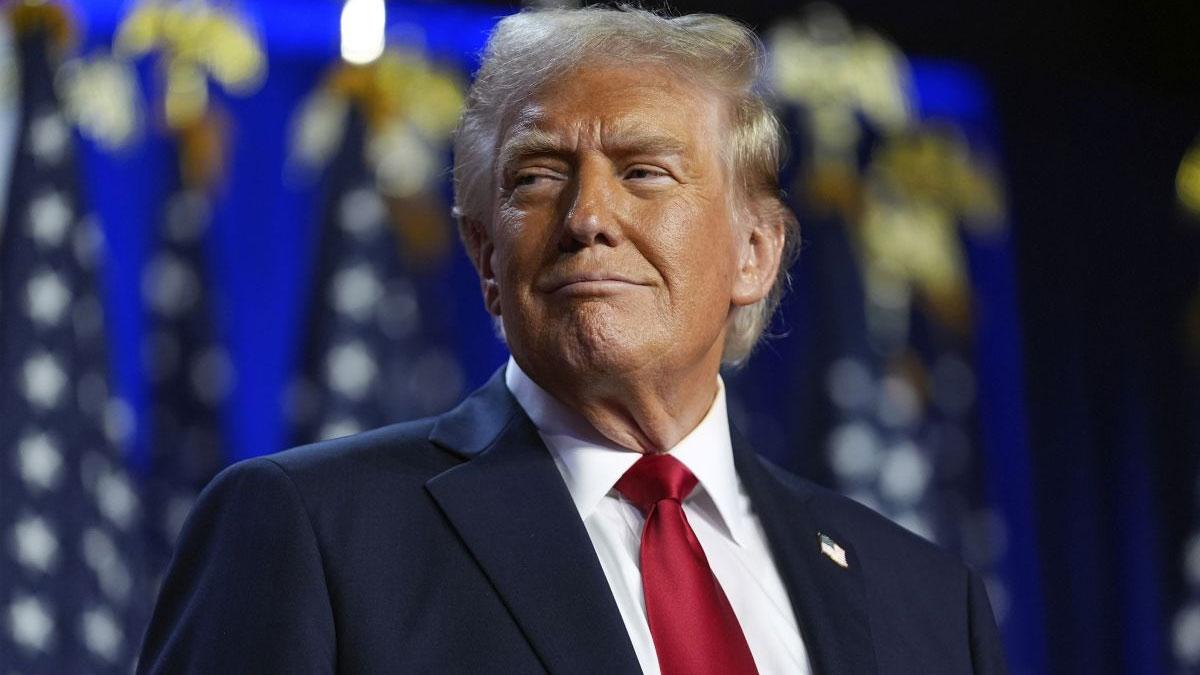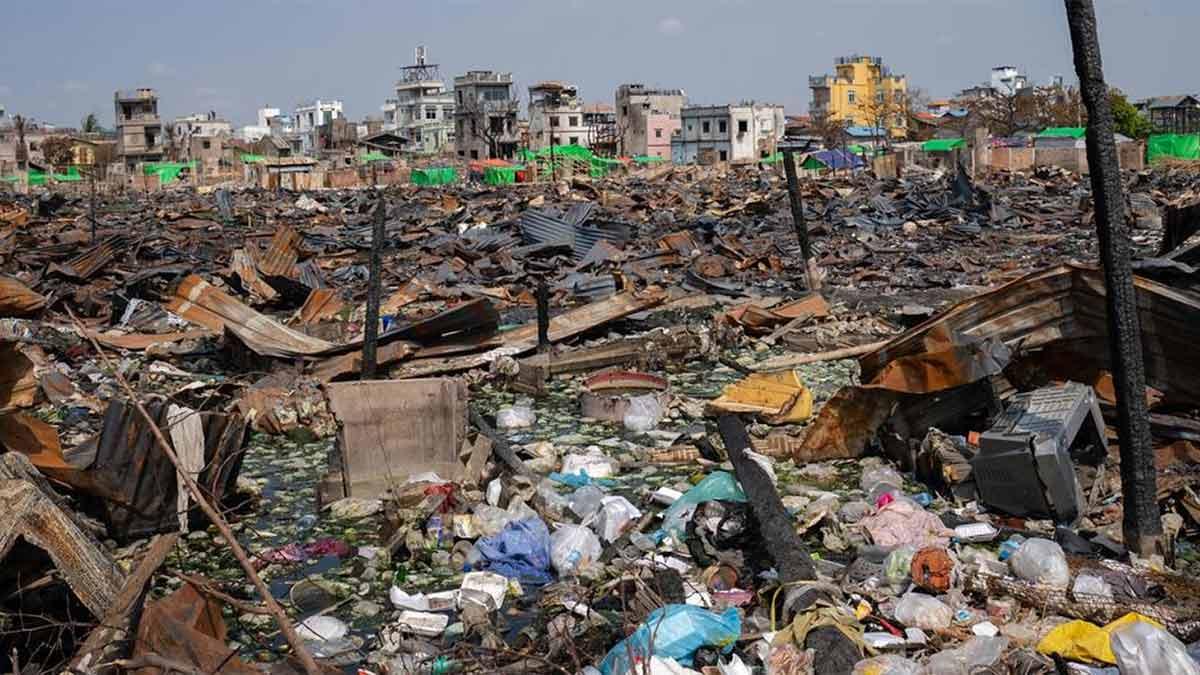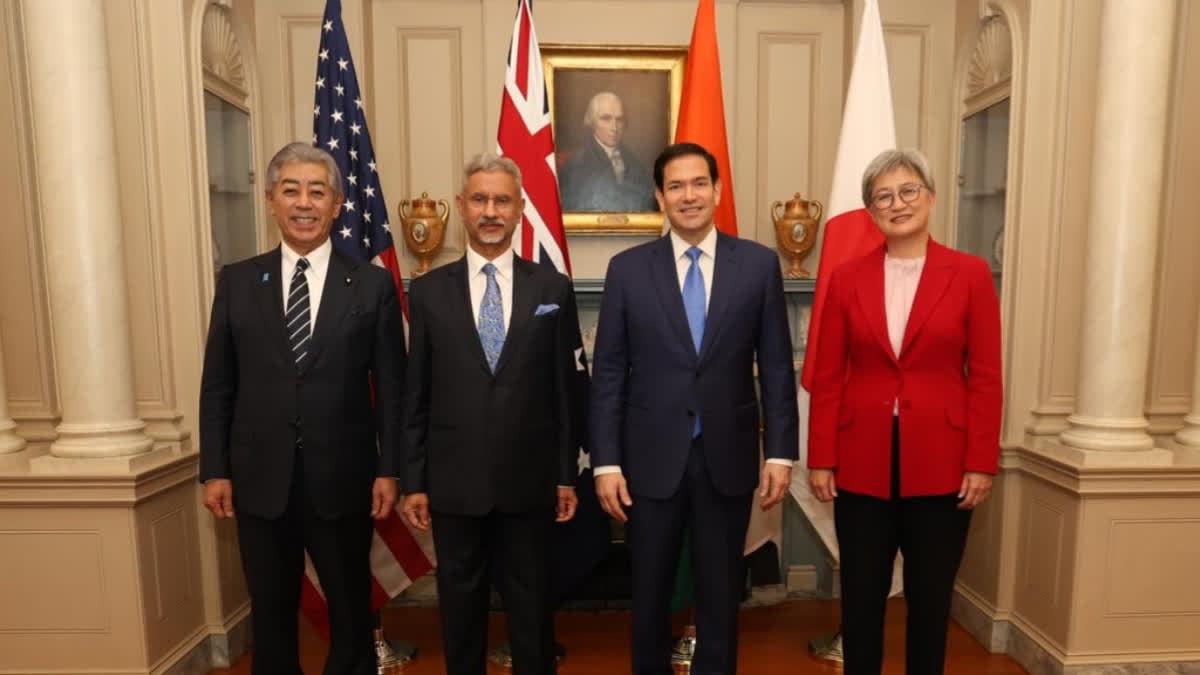Ukrainian President Volodymyr Zelensky has signaled that he is willing to proceed with a previously scrapped mineral deal with the United States. His words followed British Prime Minister Keir Starmer's declaration of a "Coalition of the Willing" at a summit of European leaders seeking to boost Ukraine's support.
If we originally agreed to sign the minerals agreement, we are still willing to do so," Zelensky said on Sunday following the summit. He added, "The deal is on the table and will be signed once all sides are ready."
But there remains doubt about Washington's willingness to go ahead with the deal. While the deal had been negotiated and was ready for signatures, the U.S. position is still unclear.
U.S. Treasury Secretary Scott Bessent stated that the accord "would be made moot if Zelensky demands to keep fighting."
Zelensky himself has insisted that getting guarantees of U.S. support for Ukraine's security and ending Russian aggression are his first priorities.
But Bessent insisted that in order for the agreement on minerals to work, there first needs to be a peace agreement.
At the same time, France and the United Kingdom have been trying to push forward peace talks led by U.S. President Donald Trump, notwithstanding Zelensky's doubts.
Starmer disclosed that he and French President Emmanuel Macron were collaboratively crafting a peace plan with Zelensky and would present it to Trump at some point.
The United Kingdom, along with France and potentially other allies, will work with Ukraine to develop a plan to stop the fighting, and we will then take it to the United States to discuss further," Starmer said in the BBC.
Squaring off a rough draft of the plan, Macron proposed that it might start with a one-month ceasefire as the first step toward a larger peace accord.
Macron expounded in an interview with Le Figaro that the first ceasefire would be applied to air, sea, and energy infrastructure—the sectors that can be easily monitored—without ground combat, which is harder to control.
"The issue is how to use this period of time to work toward a realistic ceasefire, in order to ensure that the negotiations are conducted over several weeks before peacekeeping forces arrive," he explained.
To make sure hostilities do not pick up again, Britain and France have promised to send troops to Ukraine under a peacekeeping mission.
Starmer took Trump's side on the call for permanent peace, saying, "We agree with President Trump on the imperative of achieving a long-term solution. Now is the time to act together." But he also emphasized that "Europe needs to take the lead responsibility."
Eighteen leaders from throughout Europe and Canada attended the summit, which, in the words of Starmer, took place at "a defining moment in history."
Throughout the negotiations, European leaders indicated their willingness to step up security measures, particularly in light of increasing uncertainty regarding the degree of U.S. support under Trump's rule.
NATO Secretary-General Mark Rutte emphasized Europe's determination to enhance Ukraine's stance against Russia, claiming that the summit showed "a clear willingness to step up support."
Macron also called on European nations to increase defense spending to between 3% and 3.5% of GDP—above NATO's 2% target.
Trump has already demanded that European nations increase their defense budgets, and Macron pointed out that Russia spends 10% of its GDP on the military.
The tensions between Zelensky and American leadership boiled over on Friday as a scheduled signing in Washington of the mineral agreement was thwarted by an exchange of angry words. Trump and Vice President JD Vance confronted Zelensky in a meeting at the Oval Office and charged him with not being grateful enough to the U.S. and with disrespect toward the president.
When Zelensky expressed concerns regarding Trump's talks with Moscow—asserting that Russian President Vladimir Putin could not be trusted—the live-broadcast discussion suddenly concluded without the agreement being signed. Trump later informed the press that Zelensky did not have a real interest in peace.
The mineral deal would have created a joint investment pool between Ukraine and the U.S. Through the agreement, 50% of future income from Ukraine's state-held mineral resources, such as oil and gas, would have gone into the fund, with shares reinvested in the development of Ukraine.
It is reported that Trump initially asked for a commitment of $500 billion in mineral riches from Ukraine, but this was subsequently pulled back.
After his controversial trip to Washington, Zelensky was greeted warmly in the United Kingdom. He was greeted by Starmer and subsequently met with King Charles.
During the summit, European leaders stood united behind Zelensky, reiterating their unwavering support for Ukraine.
Read also| Zelensky Defends Oval Office Exchange: ‘Did Nothing Wrong’
Read also| US Scraps Joint Presser and Lunch as Zelensky Departs White House

